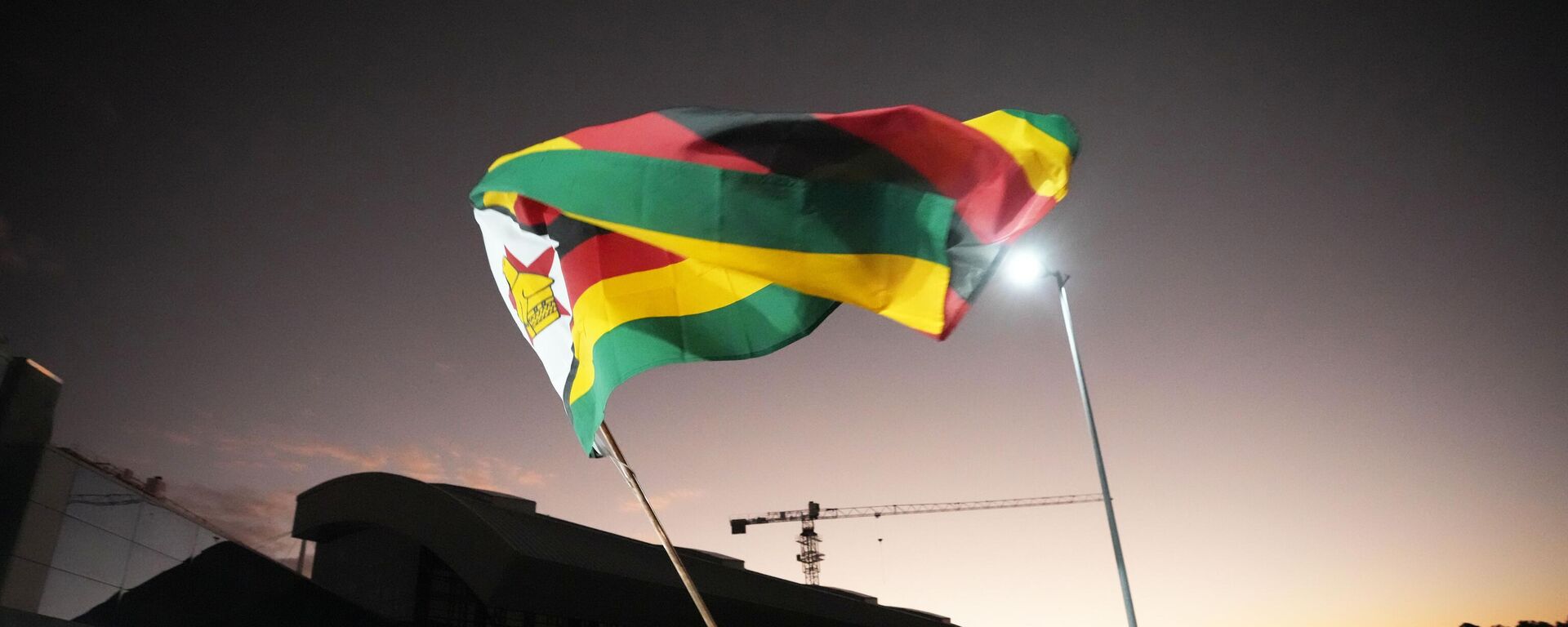https://en.sputniknews.africa/20230705/zimbabweannounces-end-of-19-hour-power-outages-1060341593.html
Zimbabwe Announces End of 19-Hour Power Outages
Zimbabwe Announces End of 19-Hour Power Outages
Sputnik Africa
According to data provided by the African Development Bank, more than 30 African nations are currently dealing with frequent power outages and shortages, which... 05.07.2023, Sputnik Africa
2023-07-05T11:27+0200
2023-07-05T11:27+0200
2023-07-05T11:27+0200
sub-saharan africa
zimbabwe
southern africa
electricity
development
african development bank (afdb)
hydropower plant
https://cdn1.img.sputniknews.africa/img/07e7/07/05/1060349321_0:160:3072:1888_1920x0_80_0_0_29ae3f537ffdfa2ebfab5d1b64105809.jpg
The power outages in Zimbabwe, which at their worst extended to 19 hours a day and hampered commerce and economy, have been proclaimed to be over by the country's cabinet on Tuesday. The Zimbabwe Electricity Supply Authority, the government-owned organization responsible for the rotating supply cutbacks, will end blackouts as a result of "interventions implemented," the country's Information Ministry stated on social media.According to reports, the power facility has recently finished the restoration of two units at its thermal-fired plant in the southern African county's Hwange. The national grid now has an extra 600 megawatts.According to Zimbabwe Power Company, around 1,318 megawatts of power were produced on Tuesday, while the estimated national power demand is 2,200 megawatts.The country has had a serious power shortage in recent years, which it attributes to an increase in economic activity, notably in the mining industry, where expansion generates a strong demand for electricity. The delivery of energy was further hampered by outdated machinery at Hwange and repeated droughts that led to low water levels at the major Kariba hydropower plant's reservoir.
https://en.sputniknews.africa/20230704/zimbabwe-interested-in-using-russian-satellites-for-broadcasting-minister-says-1060328195.html
zimbabwe
southern africa
Sputnik Africa
feedback@sputniknews.com
+74956456601
MIA „Rossiya Segodnya“
2023
News
en_EN
Sputnik Africa
feedback@sputniknews.com
+74956456601
MIA „Rossiya Segodnya“
Sputnik Africa
feedback@sputniknews.com
+74956456601
MIA „Rossiya Segodnya“
zimbabwe, southern africa, electricity, development, african development bank (afdb), hydropower plant
zimbabwe, southern africa, electricity, development, african development bank (afdb), hydropower plant
Zimbabwe Announces End of 19-Hour Power Outages
According to data provided by the African Development Bank, more than 30 African nations are currently dealing with frequent power outages and shortages, which has forced several of them to rely on highly expensive leased generating facilities. Frequent power outages result in significant losses from lost sales and damaged equipment.
The power outages in
Zimbabwe, which at their worst extended to 19 hours a day and hampered commerce and economy, have been proclaimed to be over by the country's cabinet on Tuesday.
The Zimbabwe Electricity Supply Authority, the government-owned organization responsible for the rotating supply cutbacks, will end blackouts as a result of "interventions implemented," the country's Information Ministry stated on social media.
According to reports, the power facility has recently finished the restoration of two units at its thermal-fired plant in the southern African county's Hwange. The national grid now has an extra 600 megawatts.
According to Zimbabwe Power Company, around 1,318 megawatts of power were produced on Tuesday, while the estimated national power demand is 2,200 megawatts.
The country has had a serious power shortage in recent years, which it attributes to an increase in economic activity, notably in the mining industry, where expansion generates a strong demand for electricity.
The delivery of energy was further hampered by outdated machinery at Hwange and repeated
droughts that led to low water levels at the major Kariba hydropower plant's reservoir.


